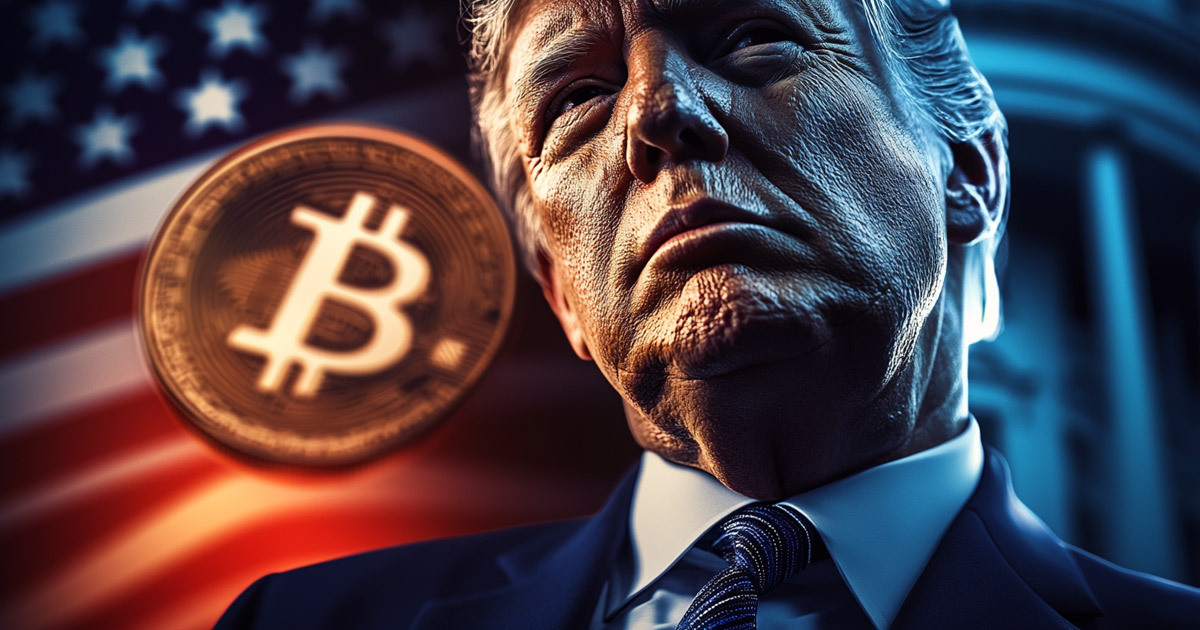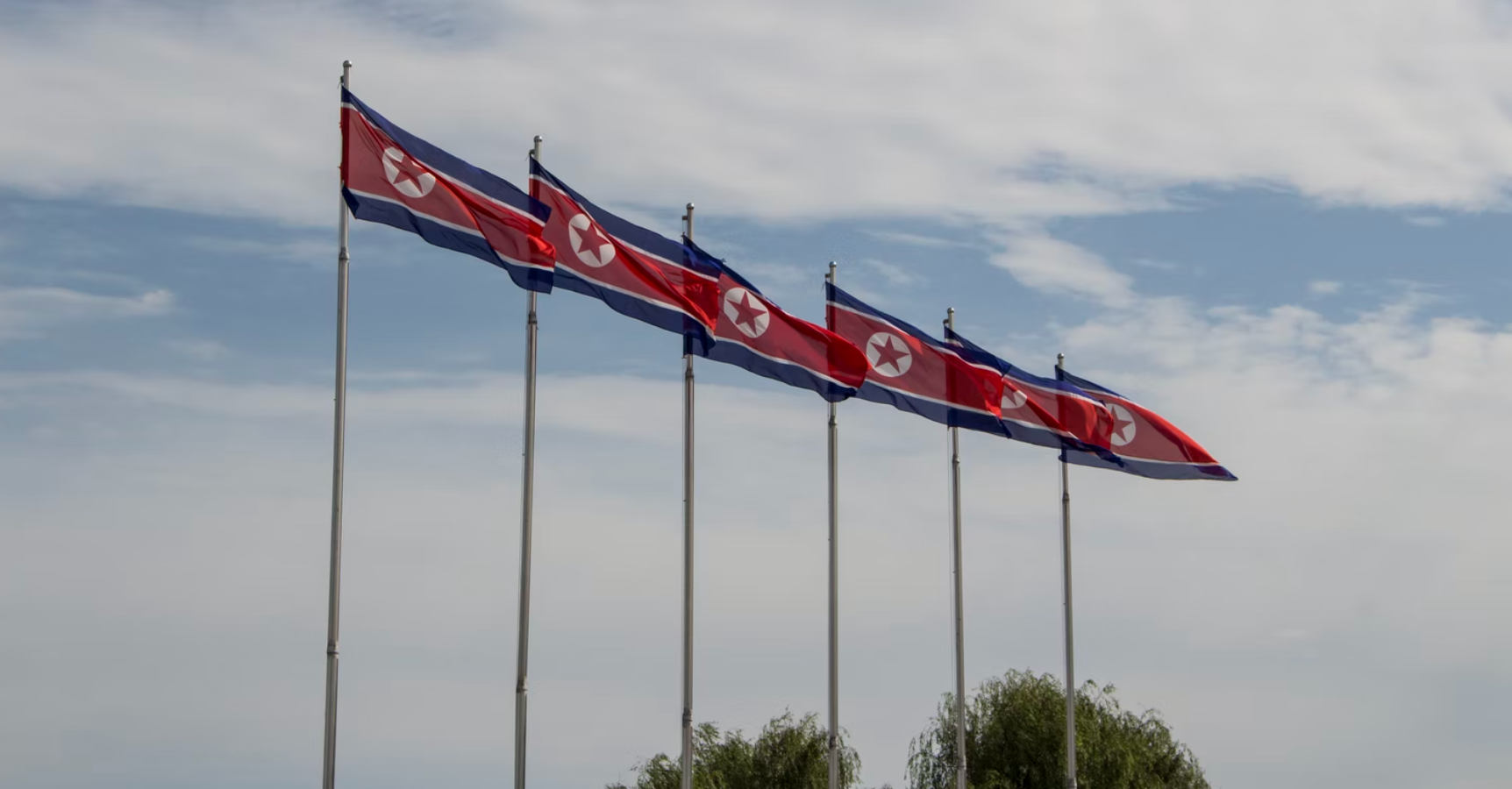El Salvador’s Bitcoin Ambitions: A New Era for Financial Freedom
Meeting with Chinese Ambassador
El Salvador showcased its Bitcoin achievements during a meeting between Vice President Félix Ulloa Jr. and Zhang Yanhui, the Ambassador of the People’s Republic of China. The meeting highlighted the country’s commitment to financial freedom and its growing presence in the world of cryptocurrencies.
Progress in Bitcoin Adoption
El Salvador has made significant progress in adopting Bitcoin, with its state reserves now holding over 6,217 BTC, valued at over $500 million. This achievement is largely attributed to the efforts of the Bitcoin Office, led by Stacy Herbert, who has initiated several pro-crypto initiatives and policies to foster further adoption of the emerging technology.
Softening Stance on Cryptocurrencies in China?
Despite China’s historically restrictive stance on cryptocurrencies, recent developments suggest a potential softening of its policies. For instance, Bitcoin payments are now accepted by Nano Labs, and the government has recognized crypto as property, hinting at a possible shift in its stance.
Expanding Bitcoin Ambitions
El Salvador is not stopping at its current Bitcoin holdings. The government has set its sights on increasing its reserves by 20,000 BTC, demonstrating its commitment to crypto adoption. Senior advisor Max Keiser revealed plans to reach this ambitious target, stating, “The interim goal in [El Salvador] is to acquire another 20,000 BTC.”
On-chain data indicates that El Salvador currently holds nearly 5,996 BTC, valued at approximately $565.6 million. This includes a recent purchase of 29 BTC for over $2.7 million, aligning with the nation’s aggressive Bitcoin strategy despite concerns from the International Monetary Fund (IMF).
Risks and Challenges
The financial regulator has agreed to a $1.4 billion financing agreement tied to several Bitcoin-related concessions. However, Bitcoin remains a concern for the IMF, which has expressed reservations about the country’s decision to make it a legal tender alongside the US dollar. Despite these concerns, the government remains committed to adding to its strategic reserves, with Herbert insisting that Bitcoin remain a legal tender and a key component of the country’s economic strategy.
Conclusion
El Salvador’s commitment to Bitcoin adoption is a significant step towards financial freedom and a new era of economic growth. The country’s aggressive strategy, despite concerns from the IMF, highlights its determination to take a leadership role in the world of cryptocurrencies. As the global community continues to evolve, El Salvador’s efforts will be closely watched, and its success could pave the way for other nations to follow suit.
FAQs
Q: What is El Salvador’s current Bitcoin holding?
A: El Salvador currently holds approximately 5,996 BTC, valued at around $565.6 million.
Q: What is the country’s plan to acquire more Bitcoin?
A: The country aims to increase its reserves by 20,000 BTC, as stated by senior advisor Max Keiser.
Q: What is the International Monetary Fund’s stance on El Salvador’s Bitcoin strategy?
A: The IMF has expressed concerns about El Salvador’s decision to make Bitcoin a legal tender alongside the US dollar, but has agreed to a $1.4 billion financing agreement tied to several Bitcoin-related concessions.
Q: What is the role of the Bitcoin Office in El Salvador’s Bitcoin strategy?
A: The Bitcoin Office, led by Stacy Herbert, has initiated several pro-crypto initiatives and policies to foster further adoption of the emerging technology.
Q: What is the significance of China’s recent developments in cryptocurrency?
A: China’s recent developments, such as accepting Bitcoin payments and recognizing crypto as property, hint at a potential softening of its historically restrictive stance on cryptocurrencies.










